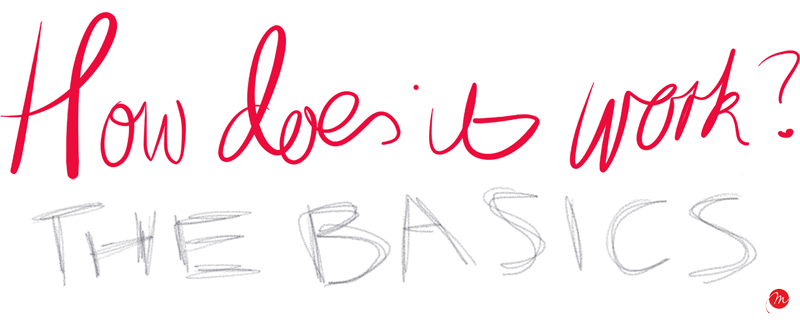The ultimate guide to online content – part two
The quickest way for us to understand how SEO works is to quickly re-cap how it is that search engines determine rank.
As this slightly confusing infographic on Marketing Prods outlines, there are various factors that come into play. Also, Google changes its algorithm as often as French people down espressos, so it’s often hard to keep up. They do this so that people can’t artificially influence the results.
For instance, ranking used to be based mostly on the presence of keywords. So, SEO spammers would fill articles with keywords until they burst, to increase their search ranking. Unfortunately this undermined the purpose of search, that is, that the most helpful and relevant information will appear first. So, Google had to change how they did things, and thus changed their algorithm.
But don’t worry, we’ll keep you updated on any significant changes.
Okay, so…
What factors determine rank?
Looking at this infographic, there are 4 themes: Social, Backlinks, Technical, and Content.
Social looks at how successfully your articles are spreading.
If they’re more popular, Google will assume your content is better, and will therefore rank you higher. Not surprisingly Google has decided to rank Google+ as the most important social network (to get you to use it more) which is also why have Google Authorship is so important. (We’ll touch on this later)
Next come Facebook shares, total, comments and likes; then Pinterest; then tweets.
Backlinks are the amount of incoming links to your site. (The number of people linking to you!)
The sheer volume of back links is the most important thing here, but it’s also important to think about whether these links work properly (i.e. aren’t broken), have a ‘stop word’ in them (don’t worry too much about this) and what and how many words you put the link behind (called the anchor text). Apparently the best amount of words in your anchor text is 1.8. It’s also important that these links come from high quality websites.
Technical aspects of your site are also important.
The most important is the length of the URL, where the keyword is placed in the title (it’s best right at the start), whether your post has a meta description (the little blurb that appears in search results), and how fast your site is. (NB: site speed has far-reaching implications for how long a reader stays on a website, so it will affect most metrics we care about! Luckily, this is up to us to fix)
Content doesn’t just mean the amount of keywords you jam into an article. The most important factor is actually how many internal links we have in an article. That is, how many links to other pages on the same website.
Then, it’s the complexity of the HTML, the word count (though Google doesn’t really tell us whether long or short is good – either is fine), keywords in the text, the amount of external links (links from our articles to other websites), whether our links have keywords, and how we use images.
Okay, now that we’re all on the same page, let’s learn more about which of these aspects you can directly tackle in your writing and research.




